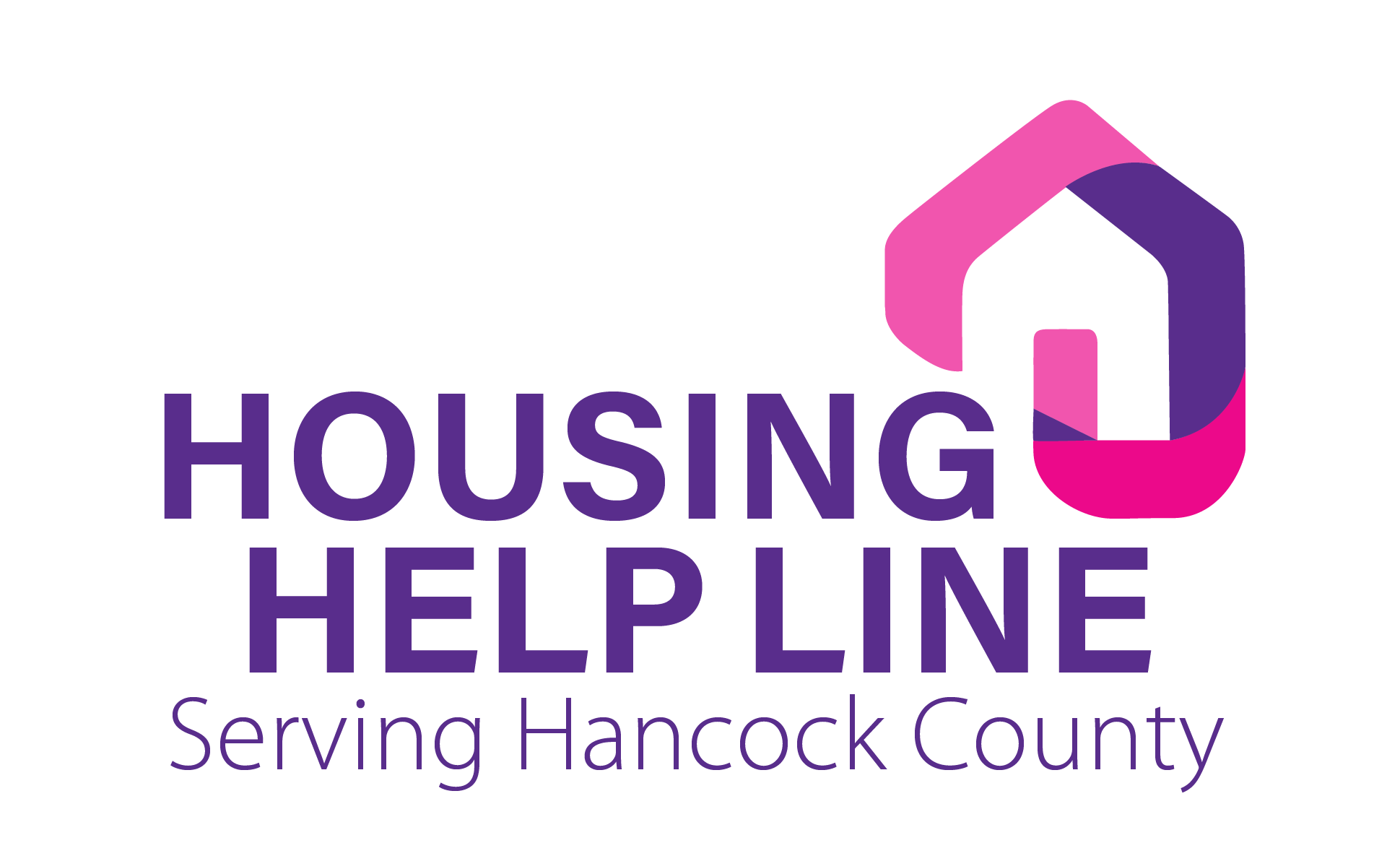Even though anxiety and PTSD are different mental illnesses, many of the coping strategies are the same.
Deep breathing techniques come in many forms. Below are some videos you can use to help.
When you are having problems with anxiety or PTSD, one thing you can do is observe your surroundings with all five of your main senses. The key is to be very intentional as you make your observations. Some people prefer to count the number of things they can see, taste, smell, etc. Others look for a specific number of items they can observe with each sense. These techniques are not suggested if you are suffering from sensory overload or feel overstuimulated.
If you only have your head to make your list in, that is fine. But putting it down in writing or in electronic form can help so you can look at it every time you start to feel that way. Some days, especially when there is a lot of uncertainty in your life, finding reasons to feel grateful can be difficult. But start simple with waking up and having another day to continue your recovery.
When you use opposite-to-emotion thinking, you will do the opposite of what you feel like you should do. For example, if you want to isolate, go out and be around people in a safe space. Though this can be difficult to do, once you get used to it, you will have a powerful tool in your toolbox.
The mission of Family Resource Center is to provide specialized behavioral health services to children, youth, adults, and families in our multicultural communities in order to strengthen family life and promote personal growth.
2515 N. Main St.
Findlay, Ohio 45840
419-422-3711
1908 N. Main St.
Findlay, Ohio 45840
419-425-5050
FOCUS has a wide variety of programs and welcomes all pathways of recovery. FOCUS is home to The Recovery Center (adult center), the "i am somebody" podcast, The LOFT (youth center), and multiple recovery houses; a Men's house, Women's House, and Mom's House.
Join us every Tuesday at noon for Cook & Carry, a free community meal
509 W. Trenton Ave.
Findlay, Ohio 45840
The Hancock County Board of Alcohol, Drug Addiction and Mental Health Services (ADAMHS) is a public body comprised of members who share a deep commitment for how our local community works together to meet the mental health and substance use needs of our neighbors, friends, and loved ones.
The Board's function is to assess the needs, plan, monitor, fund, and evaluate services. With input from its professional staff and the community, the Board determines the direction of mental health and substance use disorder services, and contracts for these services through local providers. The Board provides full or partial funding for services, based on a sliding fee scale, utilizing federal, state, and property tax dollars for Hancock County residents.
438 Carnahan Ave
Findlay, Ohio 45840
Visit the Hancock County Alcohol, Drug Addiction and Mental Health Services (ADAMHS) Board Website
LGBTQ+ Spectrum of Findlay is a local 501(c)3 non-profit organization. After many years as an informal group working within the impulse of Open Door Community Church, Spectrum was founded in 2010 by those who shared the same common goals to build an inclusive network for the LGBTQ+ community in Findlay, Ohio. Since receiving our non-profit status, we have been building on the momentum that has propelled us into new avenues of service to our community. This has included the forming of support groups, monthly social events, developing an Ally Directory, and expanding Pride month celebrations.
In response to God's love for all persons, Lutheran Social Services of Northwestern Ohio provides human services that will strengthen the mental, moral, physical, social and spiritual well-being of those who seek this agency's services.
MakeTheConnection.net is an online resource designed to connect Veterans, their family members and friends, and other supporters with information, resources, and solutions to issues affecting their lives.
Caughman Health Center provides both family practice and pediatric care to area residents, regardless of ability to pay. For patient convenience there is an on site laboratory, pharmacy assistance program, social workers and a care navigator. All fees are based on a sliding scale, and most insurances are accepted including Ohio Medicaid and self-pay.
1800 N Blanchard St
Findlay, Ohio 45840
National Alliance on Mental Illness (NAMI) Hancock County is an affiliate of the National Alliance on Mental Illness (NAMI) which was established in 1979. Initially a self help organization for anyone affected by serious and persistent biologically-based brain disorders, NAMI is a formidable mental health advocacy organization for individuals with mental illness and their families. NAMI Hancock County is a grassroots organization founded in 1996 by a group of Findlay/Hancock County residents. National Alliance on Mental Illness (NAMI) Hancock County is a 501c3 charitable organization.
305 W. Hardin Ave.
Findlay, Ohio 45840
Visit the National Alliance on Mental Illness (NAMI) Hancock County Website
Ohio Guidestone provides quality behavioral healthcare when and where you need it. Serving children, adolescents, adults, and families. Ohio Guidestone provides mental health, addiction recovery substance abuse and Fetal Alcohol Spectrum Disorder services.
Our mission is to provide mentorship and resources for adults who are involved in the Hancock County criminal justice system, helping them to live crime-free, drug-free, productive lives.

In the Rooms
SMART Recovery
Recovery Dharma Online